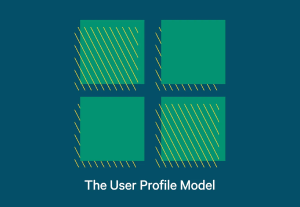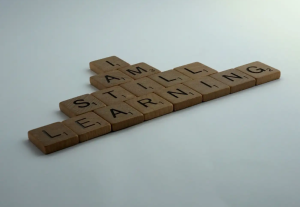- Design, Research Methods and Techniques, The Evolution of Research, The rise of design
Article by Jim Ekanem
Why We Need 11 Usability Heuristics
- The article critically examines the 10 Usability Heuristics by Jakob Nielsen, highlighting their limitations in addressing current technological advancements and societal contexts.
- The author proposes an additional heuristic called “Accessibility and Inclusion” to bridge the gap and emphasize the need for designers to prioritize equal access and consider social identities and biases.
Share:Why We Need 11 Usability Heuristics
Share this link
- July 11, 2023
9 min read







